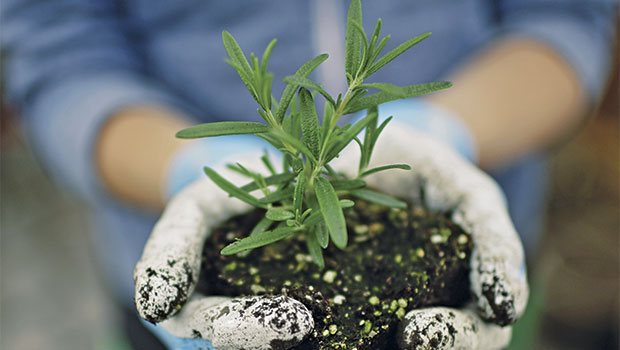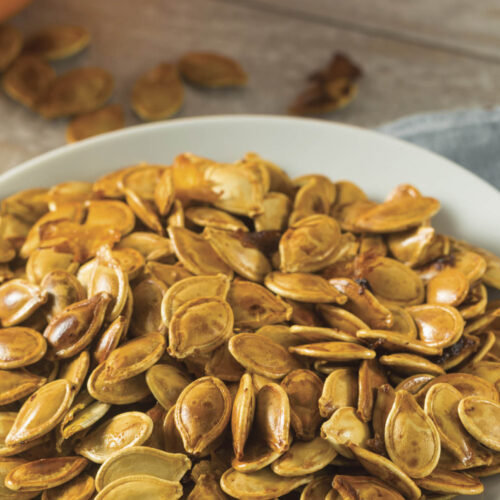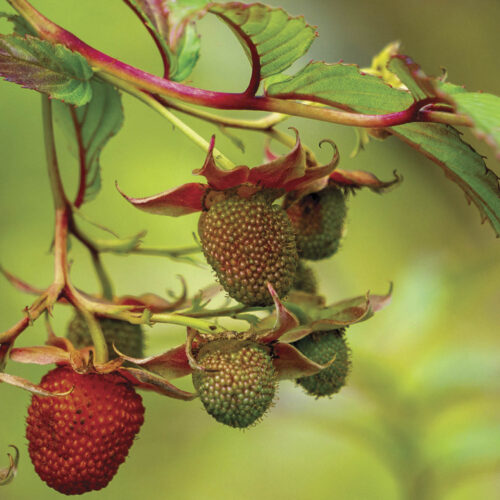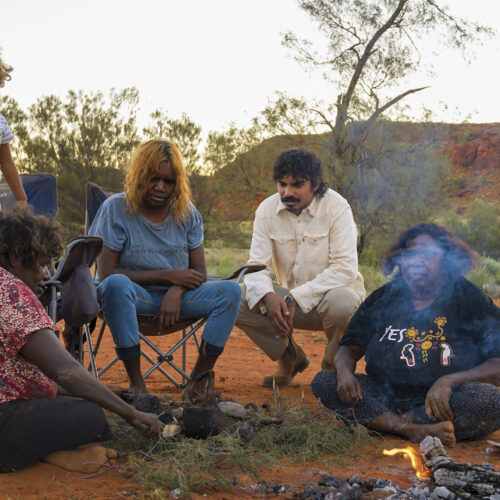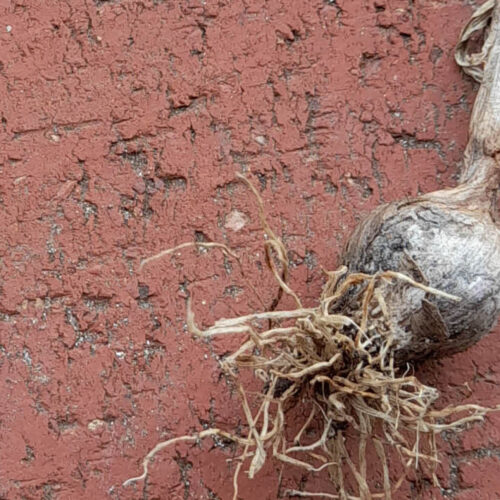Organics growing up
2012-11-01T01:15:33+11:00
Certified organics is becoming increasingly mainstream, but there is a downside, SIMON WEBSTER reports.
Organics is booming. Worth an estimated $1.27 billion this year, sales of organic products are forecast to rise 10-15 per cent a year over the next two years, making organics one of Australia’s top five growth industries.
Two in three Australians bought at least one certified organic product in the past year, according to the Australian Organic Market Report 2012, a biennial report by organics industry group, Biological Farmers of Australia (BFA).
One in 20 people are regular buyers, which may be why the supermarkets have jumped on the organics bandwagon. (Or is the growth happening because the supermarkets have got on board? Probably a bit of both.)
Three out of four organic purchases are made in supermarkets these days. On the one hand it’s good to see Woolies and Coles stocking organic produce and increasing its availability and appeal. But to my mind there are also a couple of downsides:
If you can get all your shopping – even your organic fruit and veg – at a supermarket, there’s less incentive to visit your local organic farmers’ market, where farmers get paid a fair price for their produce.
The insane amount of packaging that supermarkets put around their organic produce (to protect it from contamination by all the conventional produce) leaves a sour taste in the mouth, no matter how sweet the apples.
Personally, I’d rather stick with the organic farmers’ market, where I can give my money straight to the farmer, package my vegies only in a string bag, and have a chinwag, a masala dosa and a cup of coffee while I’m at it.

